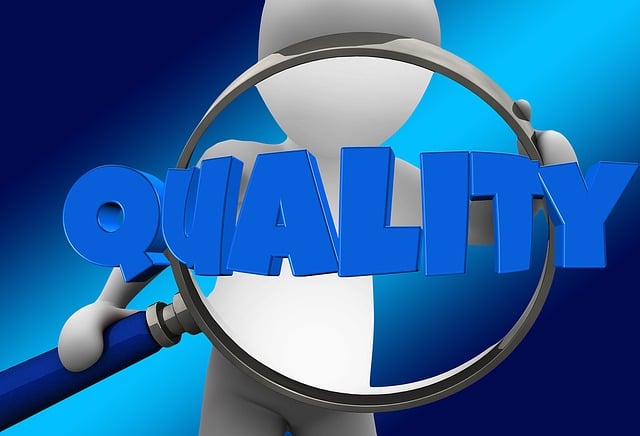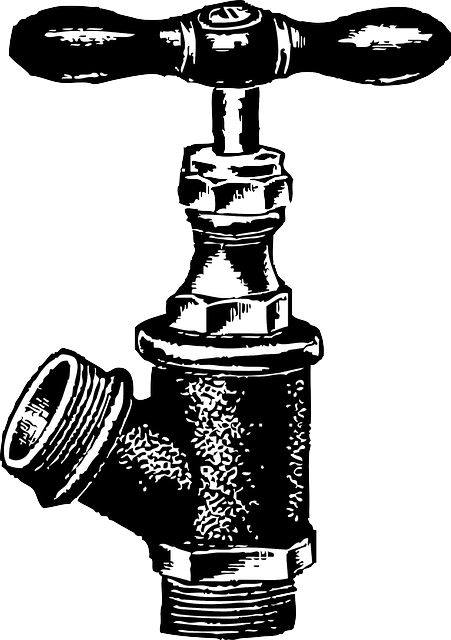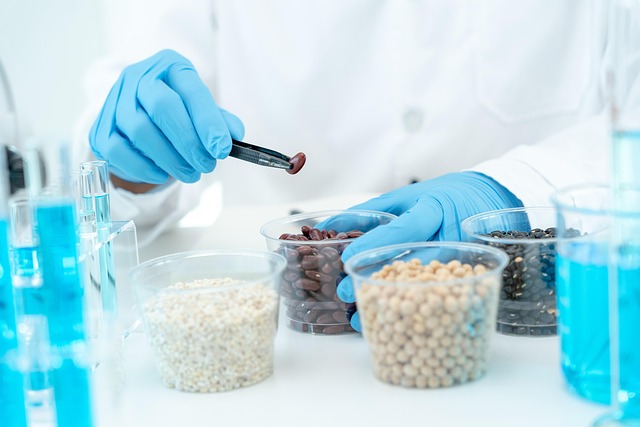Regular inspections are vital plumbing maintenance tips for preventing costly repairs, extending septic tank lifespan, and ensuring optimal performance. These checks prevent leaks, maintain water pressure, facilitate sediment removal, and enable early detection of faulty components, including sediment buildup and contaminated water. Prompt fixture replacement further enhances system health and efficiency, while leak prevention is crucial to avoid groundwater contamination and resource waste.
Regular inspections of your septic system are crucial for maintaining optimal health and environmental safety. This article delves into the significance of routine septic system checks, offering valuable plumbing maintenance tips to prevent costly repairs. We explore common issues like leak prevention, water pressure management, and sediment removal, providing solutions to ensure peak performance. Stay ahead with these expert insights on fixture replacement and other maintenance practices for a smoothly running system.
- Understanding the Importance of Regular Septic System Inspections
- Plumbing Maintenance Tips for Optimal System Performance
- Addressing Common Issues: Leak Prevention, Water Pressure, and Sediment Removal
Understanding the Importance of Regular Septic System Inspections
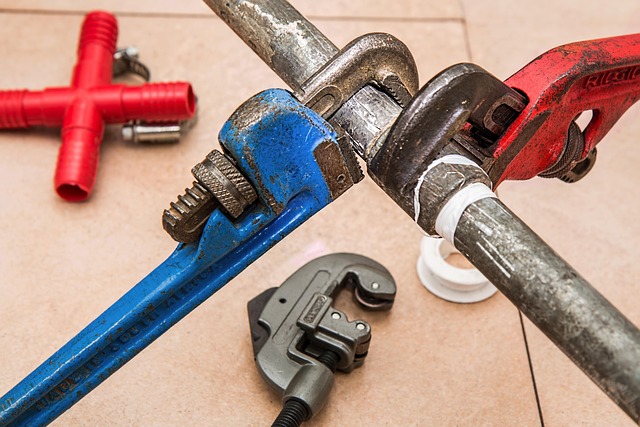
Regular inspections of your septic system are a crucial aspect of responsible plumbing maintenance. While it might seem like an added task, these checks can prevent costly repairs and ensure your septic tank remains efficient. A well-maintained septic system not only extends its lifespan but also guarantees optimal water pressure and prevents leaks that could damage your property.
During inspections, professionals can identify issues like sediment buildup, which hinders the natural separation of solids from liquids. Prompt attention to such problems facilitates effective sediment removal, thereby maintaining the system’s functionality. Moreover, regular assessments enable early detection of faulty components, allowing for timely fixture replacement and avoiding potential health hazards associated with contaminated water.
Plumbing Maintenance Tips for Optimal System Performance
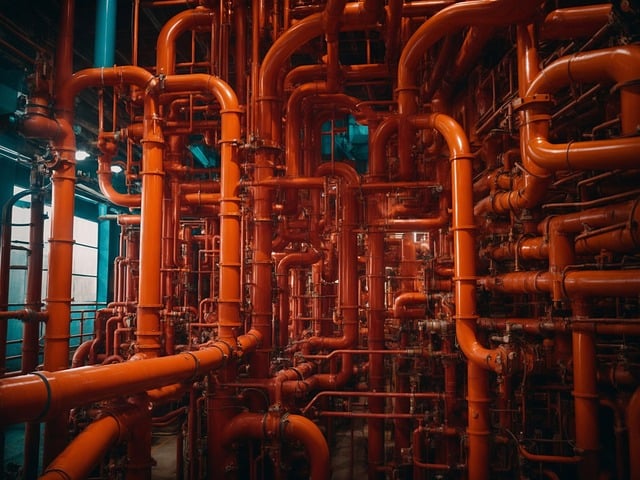
Regular plumbing maintenance is key to ensuring your septic system operates at peak efficiency and extends its lifespan. One of the most important aspects is scheduling routine inspections. These visits allow professionals to check for any signs of damage, leaks, or blockages that could negatively impact the entire system. By identifying issues early on, you can prevent more serious problems down the line.
Additionally, maintaining good water pressure and regularly removing sediment buildup are essential plumbing maintenance tips. Over time, sediments can accumulate in pipes and septic tanks, leading to clogs and reduced water flow. Regular cleaning and fixture replacement, as needed, contribute to overall system health. Proper plumbing maintenance also ensures optimal water pressure throughout your home, enhancing the performance of every fixture.
Addressing Common Issues: Leak Prevention, Water Pressure, and Sediment Removal
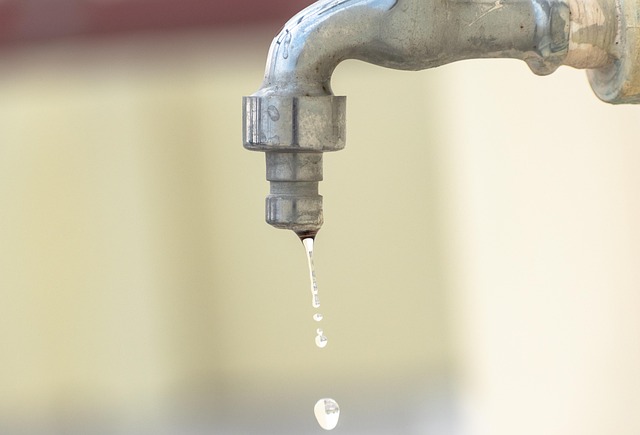
Regular inspections are crucial for identifying and addressing common issues in septic systems, such as leak prevention, water pressure regulation, and sediment removal. Plumbing maintenance tips recommend scheduling routine checks to prevent costly repairs and ensure the system operates efficiently. Leaks can cause significant damage by contaminating ground water and wasting precious resources. By addressing leaks promptly, homeowners can save money on utility bills and protect the environment.
Water pressure fluctuations are another common concern. Improper pressure levels can lead to clogs, low flow rates, and even fixture replacement over time. Regular inspections allow for adjustments to pressure regulators, ensuring a consistent and optimal water flow throughout the home. Sediment removal is also vital because buildup in pipes can restrict water movement and lead to system failure. Professional inspectors can identify sediment accumulation and recommend effective cleaning methods to maintain optimal performance.








